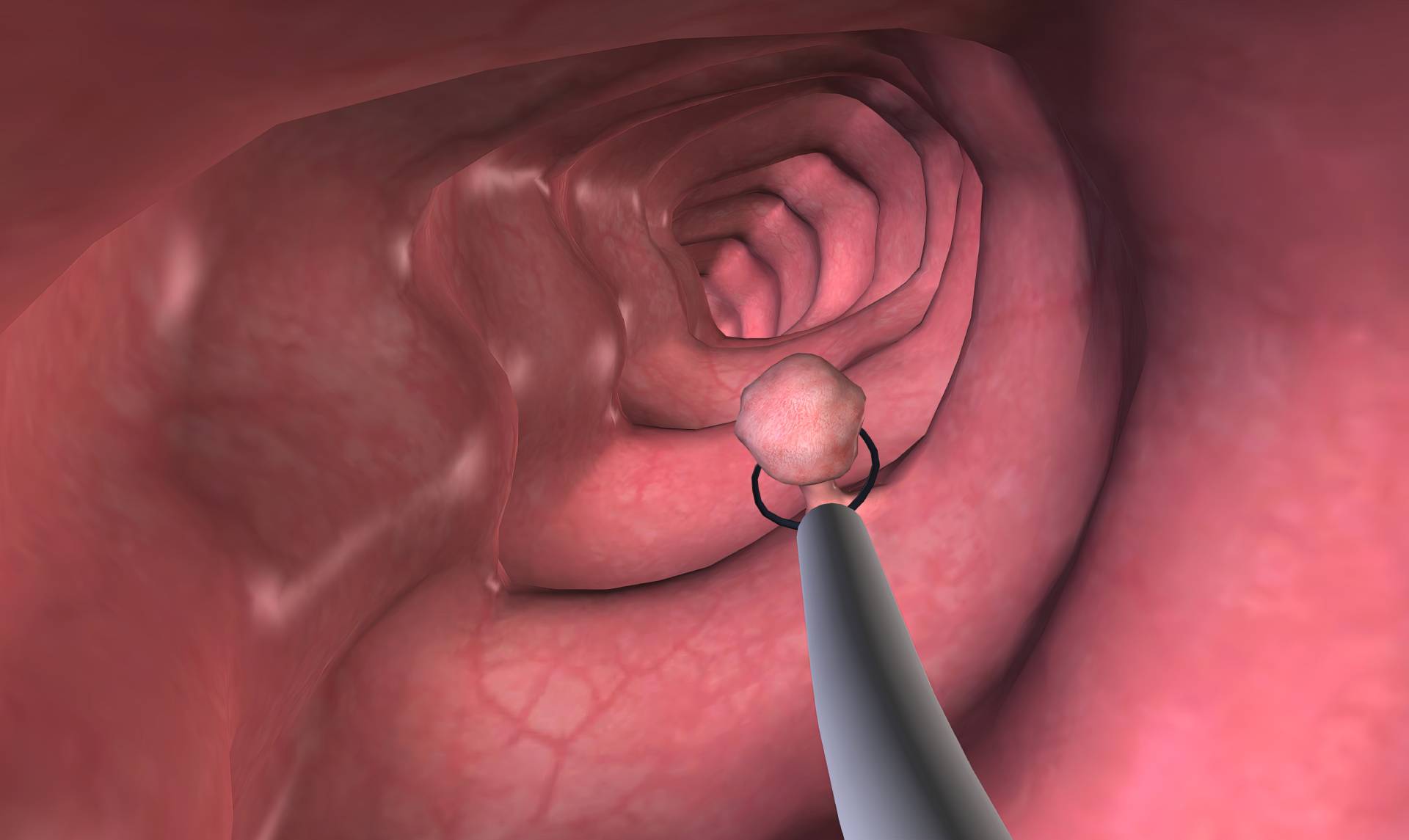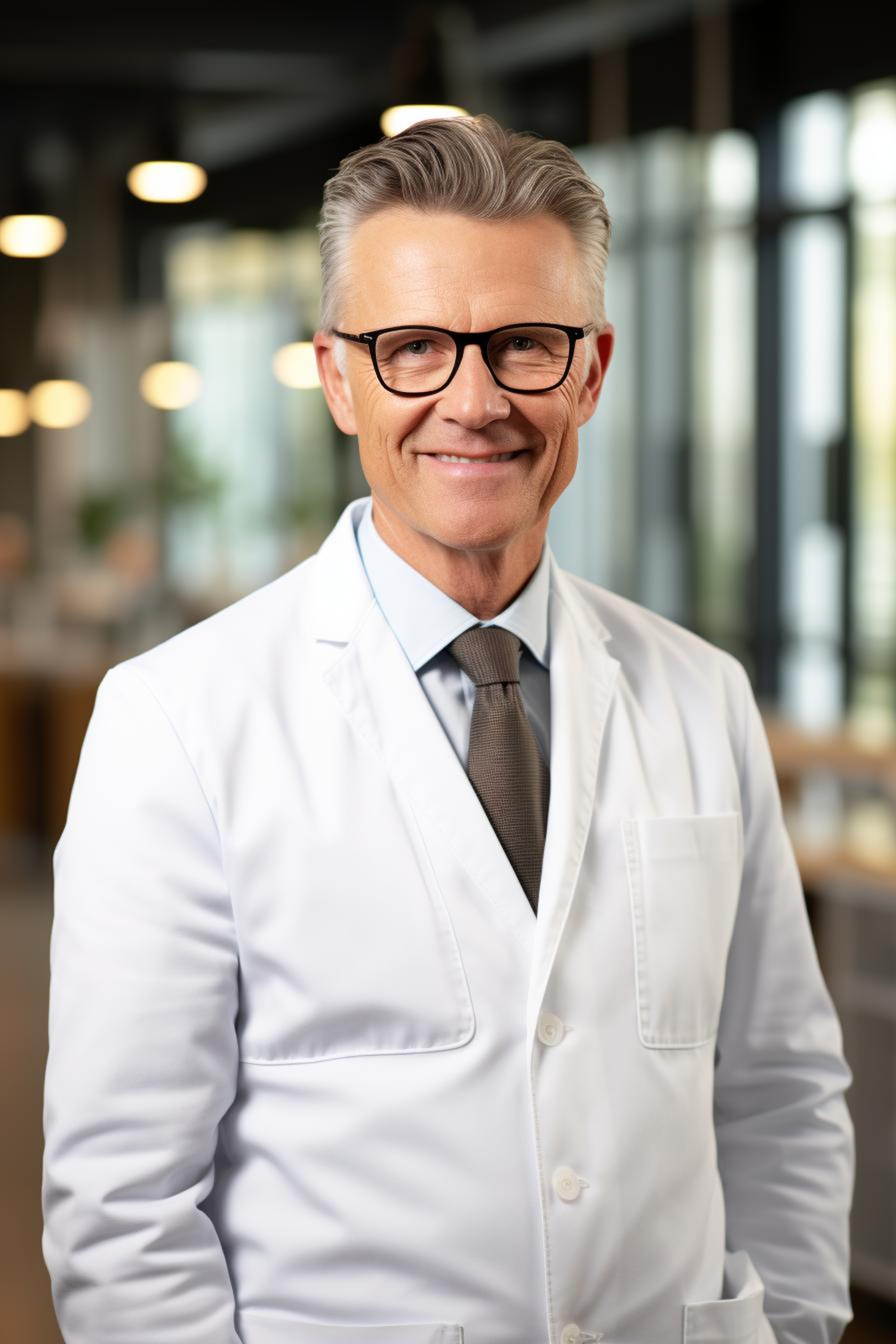Esophagogastroduodenoscopy (EGD) in San Antonio, TX
What is an esophagogastroduodenoscopy?
EGD (esophagogastroduodenoscopy) is an endoscopic treatment where a lengthy, slender, soft tube, or “scope,” is placed into your mouth and moved to the beginning of the small intestine, known as the duodenum. Our scope includes a camera and light at the end, which allows our gastrointestinal specialists at San Antonio Gastroenterology Associates to easily examine the lining of the esophagus, stomach, and the first portion of the small intestine.
An EGD is performed to discover the source of GI symptoms, like abdominal pain, heartburn or acid reflux, difficulty swallowing, bleeding, or abnormal findings from an x-ray. We may also perform an EGD for San Antonio, TX patients who have chronic symptoms of heartburn to look for signs of esophageal cancer. If you need an EGD, please request an appointment with a GI provider at your nearest San Antonio Gastroenterology Associates location.

What are the benefits of an EGD?
Having an esophagogastroduodenoscopy procedure is often advantageous for several reasons. The procedure can allow your gastroenterologist to directly visualize the inner structures of your esophagus, stomach, and duodenum (or the first portion of the small intestine). Additional benefits of an EGD are:
- Aids in diagnosing several GI problems (such as gastrointestinal infections, celiac disease, Crohn’s disease, GERD, and more)
- Enables the removal of polyps, the biopsy of tissues, and other minor procedures
- May help detect the causes of symptoms such as pain or discomfort, heartburn, nausea, and vomiting
- Generally provides an efficient, quick, and safe process
What should I expect the day before my EGD?
You will be given guidelines from your GI specialist explaining the necessary preparation for an EGD. Most patients will be allowed to eat normally the day leading up to the esophagogastroduodenoscopy. We may ask you not to consume anything past midnight except for necessary medications. It is crucial that you follow the instructions given to you by your San Antonio Gastroenterology Associates team. We will also provide more guidance regarding any medications you take. Typically, you don’t need to make any changes to your medication regimen; however, there are certain situations where this may not be true, particularly if you take blood thinners (i.e., aspirin, warfarin, Coumadin®, Plavix®, anti-inflammatories) or have diabetes. In these cases, we will give you different instructions.
What happens on the day of my EGD?
You will be advised to arrive at your EGD in San Antonio, TX at least an hour before your exam. You will need to change into a hospital gown. An IV will be inserted in your arm so we can begin the sedation process. We’ll have you connected to special equipment that will allow our team to track your heart rate, blood pressure, pulse, electrocardiogram, breathing, and oxygen level during and after your EGD.
After arriving at your private exam room, you will be asked to position yourself on your left side on the stretcher. IV sedation will be started. After you’re sedated, the endoscope will be gently inserted into the mouth and advanced through the esophagus, stomach, and duodenum. Injecting a small amount of air through the scope into the GI tract will help the physician be able to see. Any remaining fluid in your upper GI tract will be cleared away through the endoscope. Depending on the findings of the exam, several things can be done, like the removal of polyps, biopsies, and the control of bleeding. The exam typically takes about 10 – 20 minutes. After the exam is complete, we will take you to one of our comfortable recovery rooms, where you will be monitored while the sedation starts to wear off.
When will I receive my results?
After the exam, your provider will review the findings of the procedure with you. Many patients don’t remember this conversation later on because of the sedation. We recommend you bring someone with you to this discussion. We can also give you a typed-up review of what we went over. In many cases, we will have biopsy results within a week.
Are there any risks with an EGD?
In general, an esophagogastroduodenoscopy is a safe and reliable procedure. Overall, complications develop in about 1% of procedures. Typically, these issues are non-life-threatening; although if an issue arises, it may result in hospitalization and surgery. Before your exam, a consent form will be reviewed with you by our team. If you have any questions or concerns, these can be discussed with your GI specialist before your procedure.
As with any other test, the EGD is not foolproof. There is a small, acknowledged risk that abnormalities, like cancers, can be missed at the time of your EGD. It’s important to continue to follow up with our team, and let them know of any new or persistent problems.
What are alternatives to an EGD?
To an extent, your alternatives to the EGD will depend on the cause of requiring an EGD to begin with. In most cases, an EGD is the most efficient method to find and treat any suspicious findings in the upper GI tract. However, an x-ray called an upper GI/barium swallow can evaluate your upper GI tract as well. Keep in mind that this is only a diagnosis. Treating these findings may involve an esophagogastroduodenoscopy or other surgery.
EGD FAQs
Is an EGD the same as an upper endoscopy?
You might hear an EGD referred to by a variety of names. At times, an EGD might be referenced as a “gastroscopy” or an “upper endoscopy.” Though these terms may differ, they are typically the same procedure as an esophagogastroduodenoscopy.
What is considered a "normal" result for an EGD test?
Receiving normal results for an esophagogastroduodenoscopy often indicates that the GI provider did not detect areas of concern in the upper portion of the GI tract. However, normal EGD results may be indicated by a normal color and smooth texture in the esophageal, stomach, and duodenal areas. In addition, there should not be any indications of growths, inflammation, or bleeding in these areas. It’s vital to remember that a “normal” result does not always mean that no medical conditions are present. Some medical concerns may not be apparent during this type of test or may be present in another portion of the gastrointestinal tract outside the field of the endoscope device utilized throughout the examination.
When might an EGD be requested?
Your San Antonio Gastroenterology Associates provider might order an esophagogastroduodenoscopy test if you have liver cirrhosis or Crohn’s disease to help keep track of these conditions. An EGD test may also be ordered if you are experiencing:
- Tarry or black stool
- Vomiting of blood
- Heartburn
- Pain or discomfort in the upper abdomen
- Trouble swallowing
- Unexplained loss of weight
- Frequent nausea
What should I bring to my EGD procedure?
When you arrive for your EGD exam, you may be asked to complete a few patient forms. Therefore, please bring your insurance card and identification with you to your appointment. It may also be helpful to bring a list of medications you take, the dosages, and the conditions for which you take them. We encourage you to leave any jewelry and other valuables at home.
